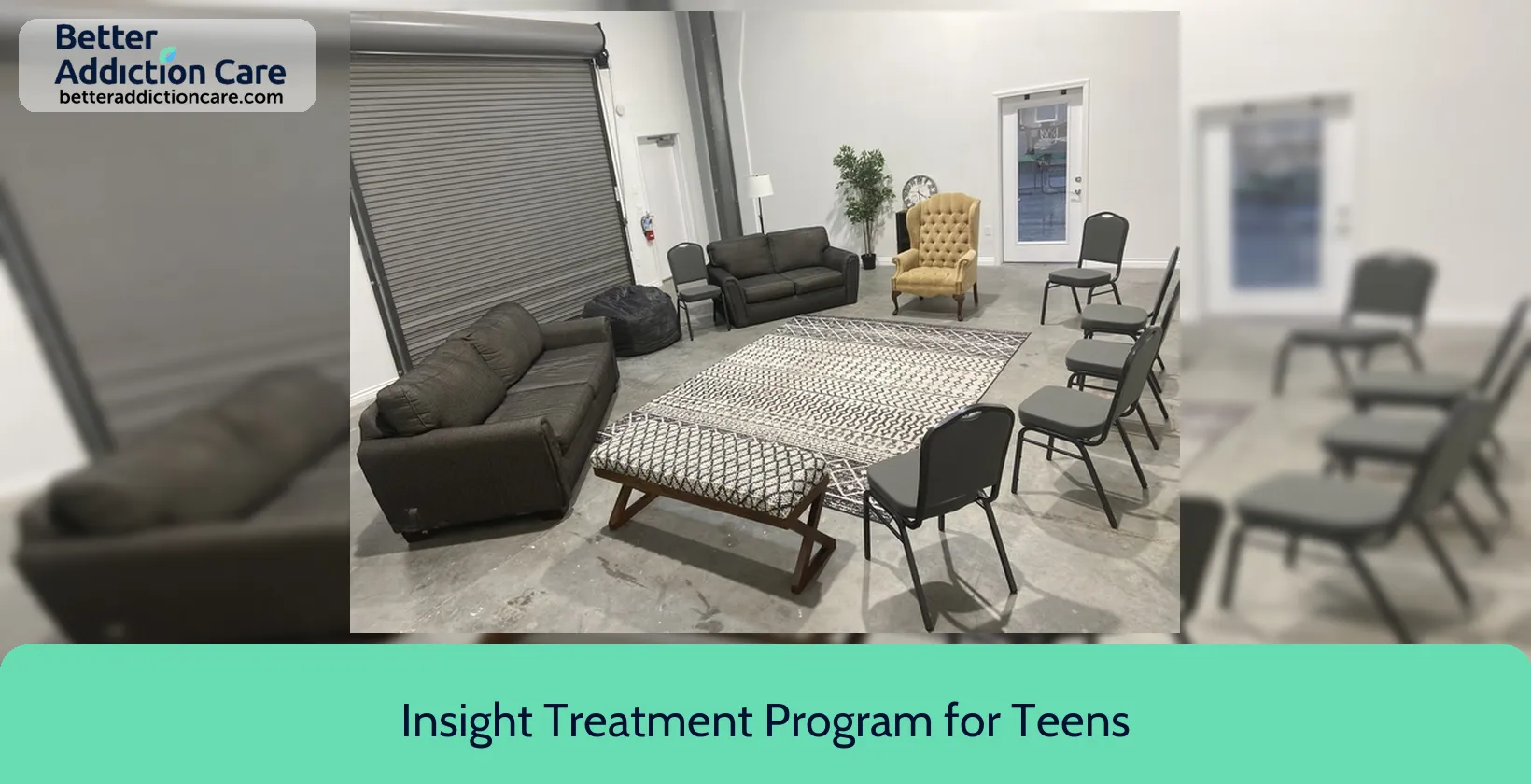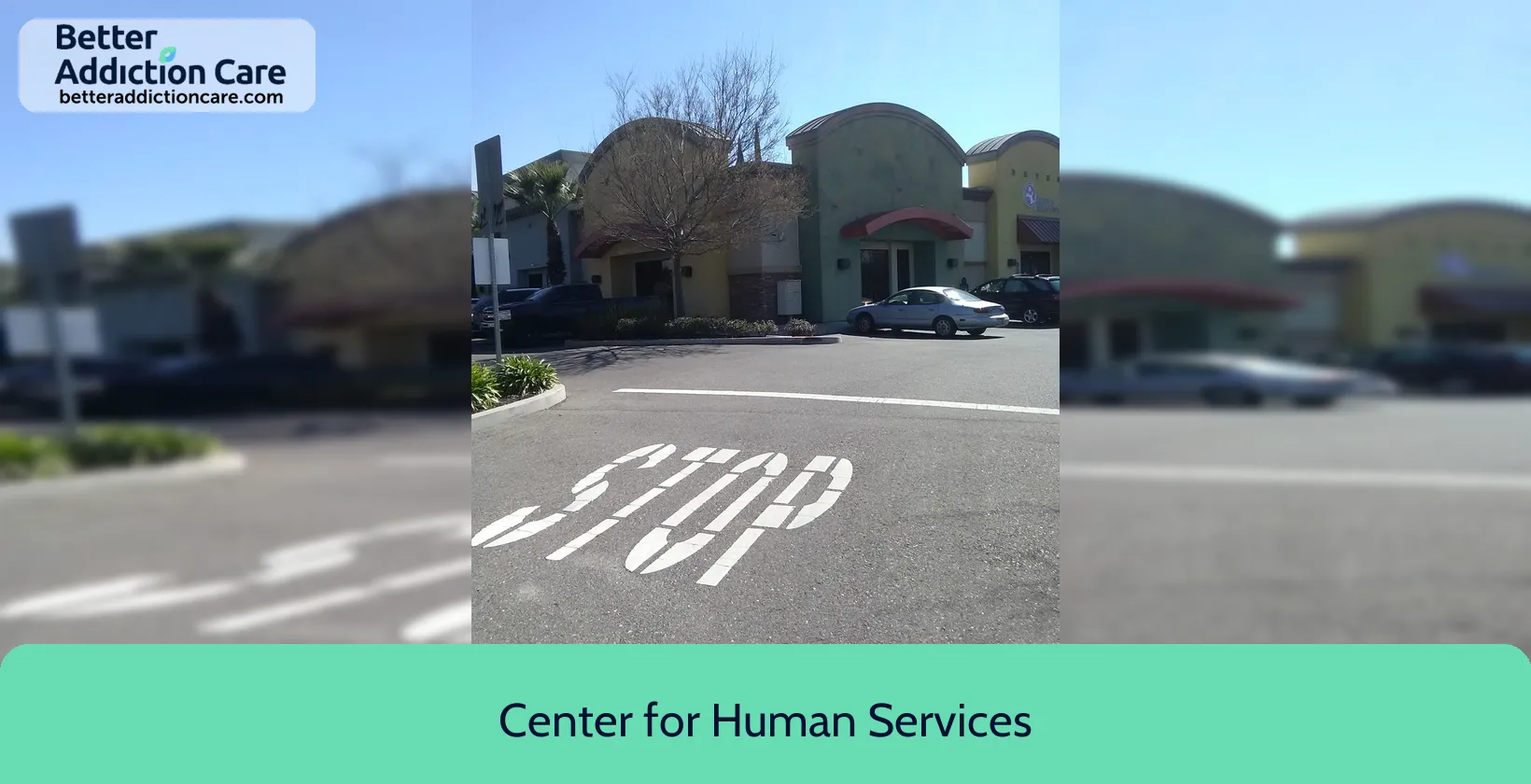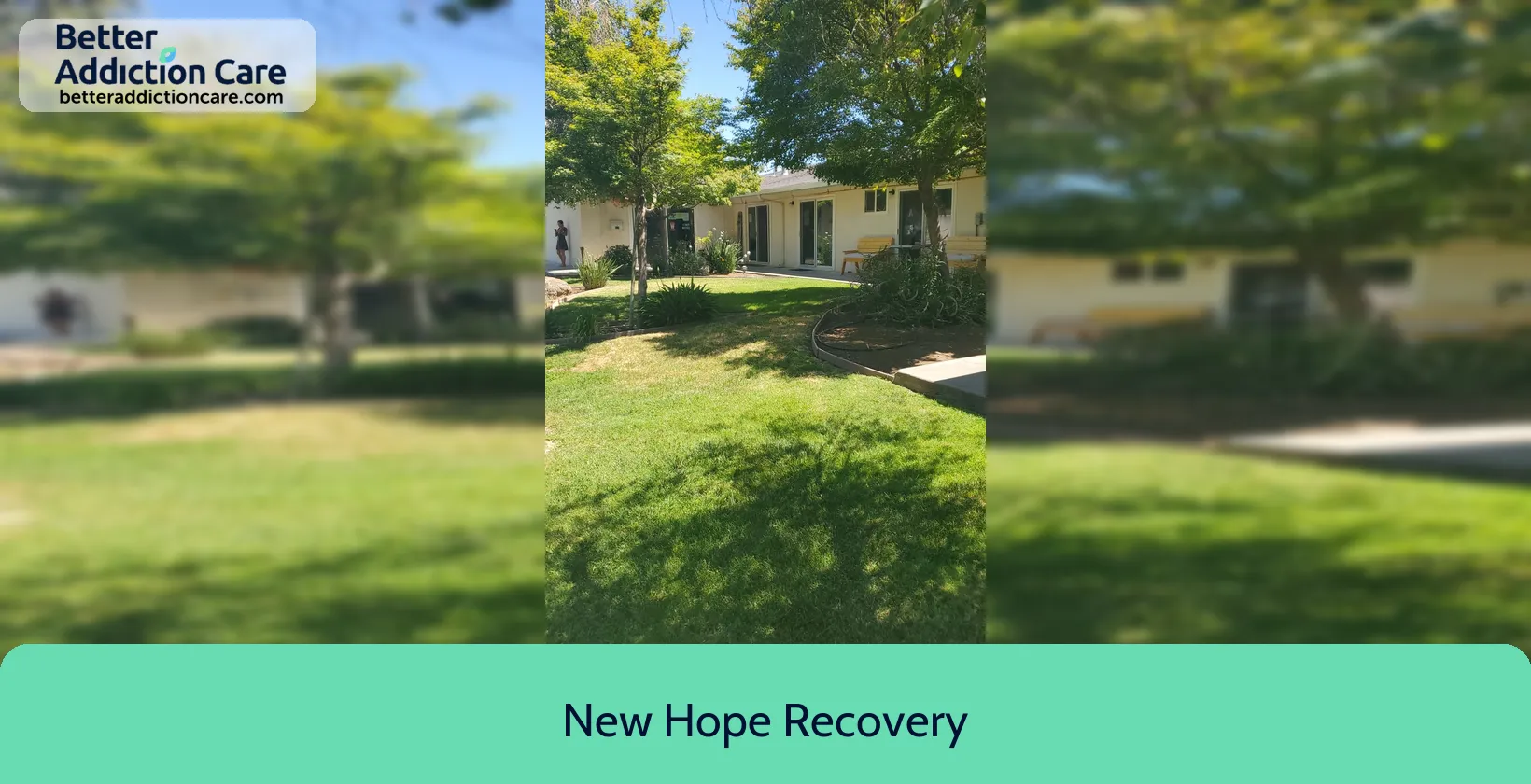Nirvana Drug and Alcohol Institute - Women of Hope

Overview
Since its founding in 1997, the Modesto, California-based Nirvana Drug and Alcohol Treatment Program has offered comprehensive addiction treatment services. In order to provide a continuum of care for those seeking recovery, the facility provides residential treatment programs for both men and women in addition to outpatient and aftercare services. Nirvana customises its programmes to match the individual requirements of every customer, placing a major emphasis on establishing a disciplined and encouraging atmosphere.
With space for up to 16 women, Nirvana's Women of Hope residential program is one of its most notable offers. With a mix of group and individual therapy sessions, educational lectures, meals, snacks, and recreational activities, this program offers a carefully planned treatment schedule. The 12 Step program, which many use as a basis for their recovery path, is also presented to the clients. Although every client's experience is different, stays often last between 30 and 90 days, depending on the requirements and development of each person.
Nirvana's communication style reflects their dedication to accessibility. In lieu of making conventional phone calls, potential customers may converse with staff members using an online chat option during office hours. This is a more relaxed and informal method to ask questions and request information. This extra adaptability guarantees that people may connect in a way that works best for them.
Nirvana provides choices for transitioning from residential therapy to either general or intense outpatient care. Group sessions may be scheduled in the morning or the evening, giving clients more flexibility as they reintegrate into normal life. Another essential element of outpatient treatment is individual therapy, which entails scheduling many appointments with a committed counselor to provide continued support over the course of the recovery process.
Past customers often remark about how kind and encouraging Nirvana's employees are, praising their sincere concern and commitment to assisting people in healing. A feeling of optimism and encouragement throughout therapy is fostered by the facilities' good environment and cleanliness, which are also highly praised. The general tone of the comments, despite some variations, is one of appreciation and success for individuals who have finished the program.
The drug Abuse and Mental Health Services Administration (SAMHSA) has listed Nirvana Drug and Alcohol Treatment Program, indicating that the institution complies with accepted standards of care for the treatment of addiction and drug use disorders.
Nirvana Drug and Alcohol Institute - Women of Hope at a Glance
Payment Options
- Private health insurance
- Cash or self-payment
- State-financed health insurance plan other than Medicaid
Assessments
- Comprehensive mental health assessment
- Comprehensive substance use assessment
Age Groups
- Adults
- Young adults
Operation
- Private non-profit organization
Highlights About Nirvana Drug and Alcohol Institute - Women of Hope
6.68/10
With an overall rating of 6.68/10, this facility has following balanced range of services. Alcohol Rehabilitation: 8.00/10, Drug Rehab and Detox: 6.00/10, Insurance and Payments: 6.00/10, Treatment Options: 6.73/10.-
Alcohol Rehabilitation 8.00
-
Treatment Options 6.73
-
Drug Rehab and Detox 6.00
-
Insurance and Payments 6.00
Accreditations
SAMHSA certification for opioid treatment program (OTP):
SAMHSA's Opioid Treatment Programs (OTP) Accreditation is a rigorous recognition process, signaling an OTP's commitment to high-quality care for those with opioid use disorders. It assures patients, families, and the community that the program adheres to evidence-based practices, maintains a safe environment, and employs qualified staff. This accreditation represents a commitment to addressing the opioid epidemic and promoting recovery, symbolizing quality and accountability in opioid addiction treatment.
Treatment At Nirvana Drug and Alcohol Institute - Women of Hope
Treatment Conditions
- Mental health treatment
- Alcoholism
- Opioid Addiction
- Substance use treatment
- Co-occurring Disorders
Care Levels
- Detoxification
- Aftercare
- Hospital inpatient treatment
Treatment Modalities
- 12-step facilitation
- Trauma-related counseling
- Individual psychotherapy
- Group counseling
- Family counseling
Ancillary Services
Special Programs
- Clients who have experienced trauma
Get Help Now
Common Questions About Nirvana Drug and Alcohol Institute - Women of Hope
Contact Information
Other Facilities in Modesto

6.59

6.62

6.59

6.59

6.89
DISCLAIMER: The facility name, logo and brand are the property and registered trademarks of AEGIS Modesto, and are being used for identification and informational purposes only. Use of these names, logos and brands shall not imply endorsement. BetterAddictionCare.com is not affiliated with or sponsored by AEGIS Modesto.
